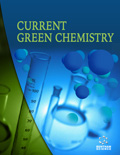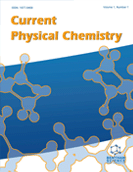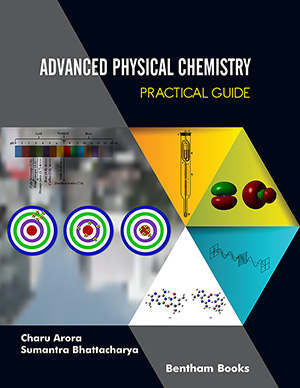Abstract
Due to an increasing pressure on the chemical society to consider environmental aspects of chemical production, the development of sustainable methodologies has been in the focus of research for years. Ionic Liquids (ILs) have numerous favorable properties: outstanding chemical, thermal and electrochemical stability, non-flammability, negligible volatility, excellent solvation ability and great variability of cation-anion pairs and structure that render them useful materials in green reactions. In pharmaceutics, they may find wide application in the synthesis, extraction and purification of bioactive compounds or may serve as pharmaceutical ingredients themselves.
The review focusses on the use of ILs in the synthesis of pharmaceutically active compounds as reaction media, catalyst or catalyst support. ILs can be the efficient solvents as they are known to stabilize reactive intermediates, besides, they facilitate catalyst reuse in e. g. transition metal-catalyzed reactions. Acidic or basic ILs may serve as recyclable catalysts themselves. Other representatives may contain functional groups enabling their application as organocatalysts. Immobilization of catalytically active species on a Supported Ionic Liquid Phase (SILP) as solid material may further enhance catalytic efficiency.
The review shows examples for the application of the methodologies mentioned above in the synthesis of biologically active molecules.
Keywords: Immobilization, selectivity, catalyst recycling, supported ionic liquid phase, ionic liquid tag, biological activity.
Graphical Abstract




















